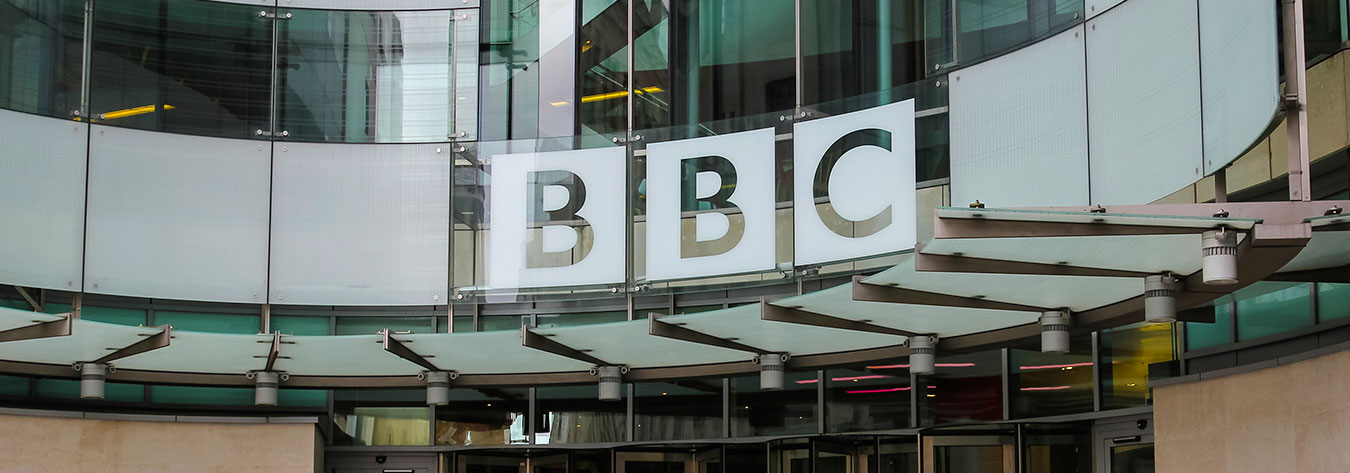In July, the UK government published a green paper on the future of the BBC. It sets out some fundamental questions about the corporation ahead of a debate on the renewal of the Royal Charter, which happens every 10 years or so, and which must be completed by the end of 2016. With acknowledgments to the BBC’s website, here is a look at some of the key issues.
Perhaps one of the most contentious is how the BBC should be funded. The corporation’s annual income is just short of £5bn. Currently everyone in the UK who owns a television set is obliged by law to pay an annual licence fee (currently £145.50 for reception in colour; quaintly there is a £45 charge for black-and-white reception).
Every year, dozens of people are prosecuted and imprisoned for default and there have been regular calls for it to be abolished. Recently, however, George Osborne, chancellor of the exchequer, has ordered the corporation to pay for the licences of those aged over 75, at a cost of some £650mn.
The green paper sets out a number of funding alternatives, although it admits none is ideal and several have already been rejected as unsuitable. For example, one is funding the BBC through advertising. But it is generally felt that the market is simply not big enough to sustain an organisation of that size.
Another approach might be to raise the funds needed through general taxation, although there might then be a risk that the corporation’s independence from government would be lessened. Some have looked at a German model, where there is a universal household levy that pays for all media, including radio and television as well as online and on-demand content.
By and large, however, the feeling is that the licence fee is with us for some time to come, despite the criticisms, including that from John Whittingdale OBE, secretary of state for culture, media and sport, who will lead the charter renewal negotiations. He has called the BBC “the most wasteful bloated organisation on the planet”. Others have spoken out against the multi-million pound salaries paid to such so-called stars as Jonathan Ross OBE and Jeremy Clarkson, questioning whether it is appropriate for a public service broadcaster to be forking out such sums on popular entertainment.
Some critics, indeed, question whether the BBC should even be producing populist shows such as Top Gear and Strictly Come Dancing, even though these programmes have been huge successes in overseas markets and have earned the BBC considerable revenues. Still, some say, the BBC has no business competing with the commercial stations that turn out much of the same programming.
The BBC, the argument goes, should focus on programmes such as Horizon and Panorama, and should not behave in an overly commercial way. But the green paper argues that this does not mean the BBC should not be entertaining; rather that the corporation should provide “distinctive programming across all genre types”. After all, the mission of the BBC from its earliest days has been to “inform, educate and entertain”.
Controversially, the paper asks whether the corporation ought to have a set of core values. The organisation’s recent history has been tumultuous with several headline-making issues—from “excessive severance payments to a cancelled report on Jimmy Savile”—calling into question the governance of the BBC.
So the question is asked: should the BBC Trust be scrapped or reformed? Media commentators will have a field day.







